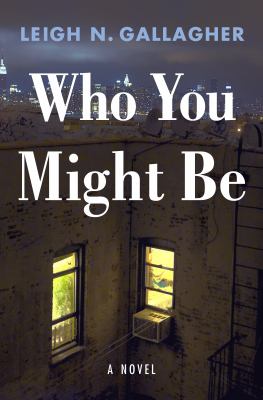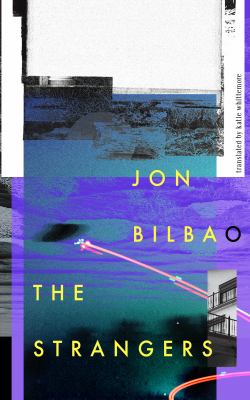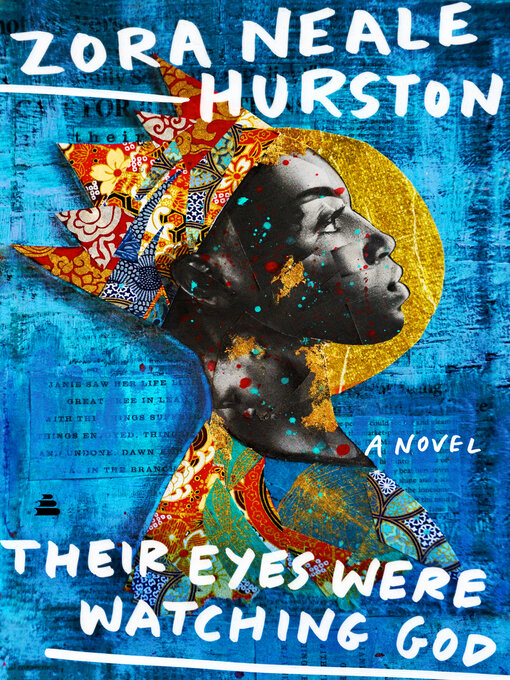Do you love fiction tinged with melancholy? Mysterious, irresistible protagonists with rich inner lives? Stories that leave you with a feeling of stillness, and hope? Here are four pieces of fiction I’ve enjoyed this year. Maybe there’s something here for you!
 I picked up “Who You Might Be“off the first floor New Books display. I was drawn to the cover’s soft blue cityscape. The illuminated windows in the foreground intrigued me — what little lives might be unfolding within those frames? In her debut novel, Leigh N. Gallagher weaves together a story of astonishing breadth and dimension. If you’re in it for the character development (the growth and redemption, along with the occasional fall from grace), this is the book for you.
I picked up “Who You Might Be“off the first floor New Books display. I was drawn to the cover’s soft blue cityscape. The illuminated windows in the foreground intrigued me — what little lives might be unfolding within those frames? In her debut novel, Leigh N. Gallagher weaves together a story of astonishing breadth and dimension. If you’re in it for the character development (the growth and redemption, along with the occasional fall from grace), this is the book for you.
The saga opens on an innocent scene, though not without its notes of danger: Judy and Meghan are on a train to Southern California to meet Cassie, a girl they met in an online chatroom. It’s the late nineties, the dawn of the internet, and the two 14-year-olds have nothing to go on but an address, a stranger’s directions and sheer determination. Their plans fall quickly apart, and from this chaos springs the rest of the story.
Soon we meet Cassie, who is on a journey all her own, then Caleb and Miles, two brothers fighting two very different battles as they come of age in a stifled, wealthy home (In Caleb and Miles’ story you’ll meet Tez, one of the most captivating characters I’ve read in years). You’ll meet plenty of others, too — the mothers, fathers, stepfathers, and lovers of our main characters, some of whom bring along precious joy, and some of whom create lasting wounds (Most of them are doing their very best to love, but like any of us, they were taught imperfectly).
These stories swell together in a stunning symphony that rings in the air long after it’s over. The characters live on in my heart — I can barely bring myself to return the book (I will, only so you can read it).
If you’re in the mood for something slimmer (and stranger), Jon Bilbao’s “The Strangers” is a suspenseful novella that propels you through its pages. What begins as a quiet tale of domestic life becomes something dark and surreal. Jon and Katarina are our main characters — together they make an uneasy couple, whose future seems to hang in the balance as they weather a dull winter in Jon’s childhood home. Katarina is a compelling, restless protagonist whose observant nature morphs easily into obsession.
becomes something dark and surreal. Jon and Katarina are our main characters — together they make an uneasy couple, whose future seems to hang in the balance as they weather a dull winter in Jon’s childhood home. Katarina is a compelling, restless protagonist whose observant nature morphs easily into obsession.
The couple is joined unexpectedly by two guests: Markel, who claims to be Jon’s distant cousin, and Virginia, Markel’s silent, alluring companion. All the while, a camp of ufologists grows in the village following a strange skyward sighting one rainy night. As both sets of visitors overstay their welcome, the story takes on an oppressive, threatening tone: Who can we trust? Where are we safe? This was an engaging and unpredictable book — one that I wish I had read with a book club, so I could get some help deciphering the weirdness!
 Like “The Strangers,” my next recommendation is a quick, quiet read. But while the appeal of Bilbao’s novel lies in its suspense, Jessica Au’s “Cold Enough for Snow” succeeds in its serenity. Every time I opened the book, it felt like dipping into a clear, cold stream — I found the images and contemplations lovely and lucid, like water rinsing my mind clean.
Like “The Strangers,” my next recommendation is a quick, quiet read. But while the appeal of Bilbao’s novel lies in its suspense, Jessica Au’s “Cold Enough for Snow” succeeds in its serenity. Every time I opened the book, it felt like dipping into a clear, cold stream — I found the images and contemplations lovely and lucid, like water rinsing my mind clean.
The meditative quality of the prose can be attributed to the personality of our (unnamed) protagonist. Au has given herself a gentle, inquisitive, and empathetic narrator to write through — a woman traveling in Japan with her mother in an attempt to strengthen their cordial, though distant relationship. Scenes of warm meals, art exhibits, and misty Tokyo streets were a treat to read. As I write this, I recall a description of the daughter enjoying an apple on an early morning walk — even those sentences were suffused with beauty.
Au’s lyrical debut is an invitation to slow down, to notice, and to care, even in the absence of understanding: “I had one vague, exhausted thought that perhaps it was all right not to understand all things, but to simply see and hold them.”
And that brings us to my final recommendation: “Their Eyes Were Watching God“ was a high school English class read for me. That is to say, I did not read the book so much as I carried it around in my backpack for several weeks, relying on my more studious friends to fill me in before class. How foolish of me! And how disrespectful to Zora Neale Hurston’s genius. Thankfully, an old classmate recently revisited the novel and insisted I do the same.
in my backpack for several weeks, relying on my more studious friends to fill me in before class. How foolish of me! And how disrespectful to Zora Neale Hurston’s genius. Thankfully, an old classmate recently revisited the novel and insisted I do the same.
Janie Crawford is an unforgettable protagonist. She is raised by her grandmother, a survivor of enslavement, who ushers young Janie into marriage the first chance she gets — Nanny wants nothing more than for her granddaughter to have the safety and protection she never did. Descended from a lineage of women who suffered profound violence and self-alienation, Janie must discover love, and herself, on her own.
I have memories of my English teacher reading to us, her voice choked with emotion and urgency, like every word was a miracle. Indeed, reading the book as an adult, I found myself photographing the text, even copying down entire passages into my phone. Some lines were so magnificent I read them aloud, as if to cast a spell:
“Here was peace. She pulled in her horizon like a great fish-net. Pulled it from around the waist of the world and draped it over her shoulder. So much of life in its meshes! She called in her soul to come and see.”


